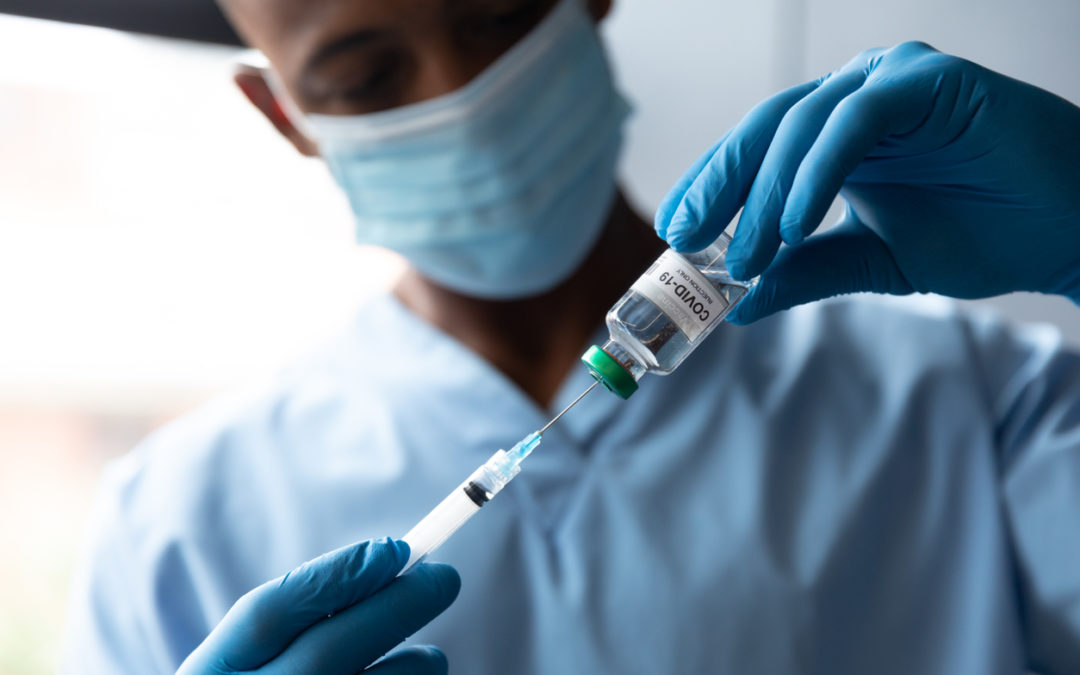Last December, the FDA reported on both the Pfizer-BioNTech and Moderna Covid-19 vaccine and the respective race and ethnicity of their research participants in the Phases 2 and 3 research trials. The Pfizer trial included ages 16 or older and the Moderna trial included those 18 and older. Of 285 million in the United States population, over 40 thousand participated in the Pfizer trials and over 27 thousand in the Moderna trial. When looking at the combined totals of subjects compared to the general population, whites were found to be over represented. Whereas 73.6% of the U.S. population are white, 79.4% to 81.9% of the subjects reported their race as white. American Indian/Alaska Native and Native Hawaiian or Other Pacific Islanders had the exact percentage of research participants to those of the U.S. population; 0.8% and 0.2%, respectively. The second largest contrast in proportion of participants to the U.S. population was seen in comparing those of Asian race. Only 9.7-9.8% of research subjects reported themselves as Asian, whereas the total U.S. population percentage is 5.9%. The biggest discrepancy can be seen in research participants who reported their race as Black. Only 9.7-9.8% of research subjects were Black, whereas Blacks make up 12.3% the current total U.S. population. Regarding ethnicity, 17.6% of the U.S. population reports themselves as being Hispanic and 20-26% of participants identified themselves of Hispanic ethnicity. However, 82.4% of Americans report themselves as non-Hispanic and 73.2% to 79.1% of research subjects identified themselves as that ethnicity.
Despite these Covid-19 vaccine trials demonstrating greater diversity than previous trials of other pharmaceuticals, these statistics still represent a disparity in the representation of people of color as research participants in a vaccine designed to boost the immunity of a virus that is disproportionately affecting people of color in the United States.
The good news is that despite this disparity in the diversity of representation in the clinical trials, the findings did show that the safety and efficiency of the Pfizer-BioNTech and Moderna vaccines were similar across groups despite race. The question many pose in reaction to such statistics is why minorities are underrepresented in clinical trials. The main four reasons include: barriers to access, lack of information, and historical and continuous racism and discrimination. Barriers to access come in the form of few clinical trials being offered through under-resourced hospital systems that minorities use for health care. Also, minorities are less likely to have eligibility to participate in such trials due to having co-morbid conditions or not having health insurance. These attributes can exclude them from participation in such research studies.
Other challenges to access may be their limited or lack of transportation resources, being unable to request off of work, caregiving schedules, or not having access to technologies for monitoring during a research study. Some research studies have reported that physicians are less likely to offer clinical trial participation to minority patients. Enrollment efforts of research studies often may not reach the minority population if they are not culturally sensitive to address language or health literacy barriers. The history of medicine in the United States also has seen the abuse and mistreatment of minorities such as the Tuskegee syphilis experiment. As a result of such abuse and ongoing racism and discrimination, minorities are less willing to participate in clinical trials.
The racial and ethnic diversity of clinical trials in the further development of Covid-19 vaccines is imperative. This pandemic has impacted those of Black adults and minorities the most, so more trials should effectively recruit and maintain the participation of minorities. Minorities already historically have had lower vaccination rates and express more concerns about receiving the Covid-19 vaccine and perhaps their concerns are valid based on the data presented in this essay. Therefore, it is important that Covid-19 vaccine researchers ensure the safety and efficiency of the vaccine across all of the United States to increase the trust and confidence of minorities that they should get the vaccine.
- Addressing the Minds and Bodies of Minorities: How the Covid-19 Pandemic Has Compounded Behavioral Health Issues - May 21, 2021
- Taking a Look at Covid-19 Vaccine Research Minority Representation—Key to Increasing Minority Vaccination - May 13, 2021
- Black Men and the Dilemma of Wearing Masks During the COVID-19 Pandemic - August 18, 2020



